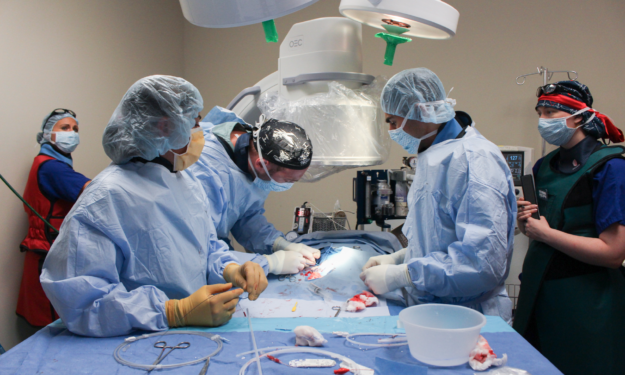Anesthesia

Clinicians at Ethos hositals believe that ensuring the safety and comfort of our patients is essential. Although general anesthesia is very safe, our veterinarians and support staff take a number of measures to alleviate pain and make this procedure even less risky.
Prior to anesthesia, the doctor will perform a complete physical examination. Depending on the age and the health of your pet, our veterinarian may recommend an electrocardiogram and blood pressure, to assess heart function, as well as laboratory tests to determine the health of organs such as the liver and kidneys. The doctor will evaluate all pre-anesthetic tests and determine the best anesthetic drugs for your individual pet, as well as any special measures that would benefit that patient. In most cases, the veterinarian will use a combination of medications that include a sedative, several pain relievers and a general anesthetic.
An experienced veterinary technician monitors the patient during anesthesia, using a wide array of parameters. They observe the patient for mucous membrane color and quality of respirations, and use state-of-the-art monitoring equipment to measure levels of oxygen, carbon dioxide, blood pressure, and activity of the heart. After the procedure, our veterinary team will monitor your pet closely to ensure a smooth, pain-free recovery.
Soft, warm bedding and the human interaction, observation and compassion of your pet’s dedicated veterinary technician ensures recovery from surgery and anesthesia is as comfortable as possible.